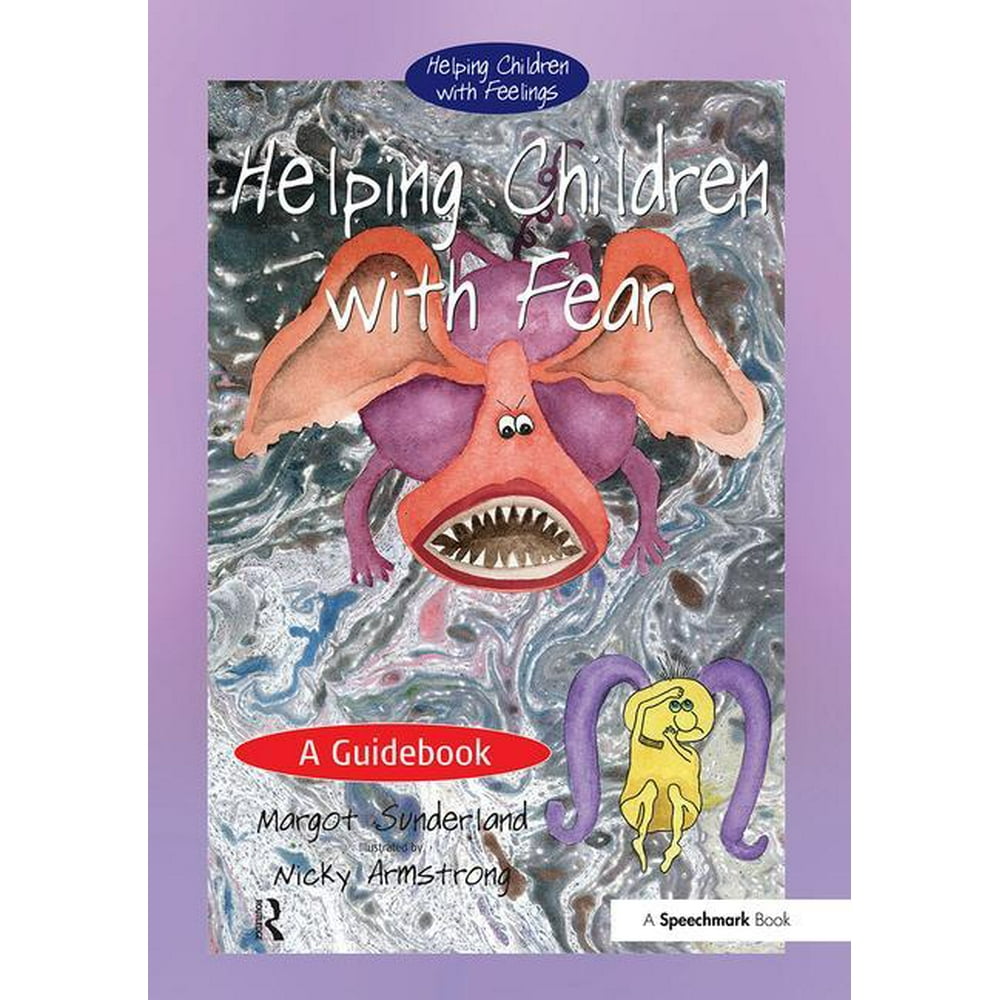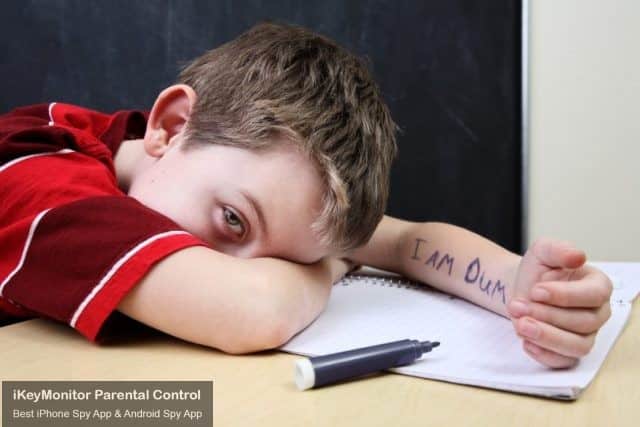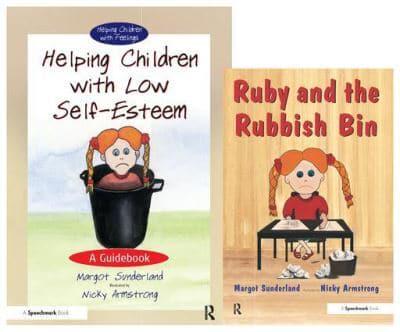Children with low self-esteem often face struggles in various aspects of their life. It can impact their overall well-being, including their mental, emotional, and social development. As parents and caregivers, it is essential to provide support and guidance to help these children build a positive self-image and improve their self-esteem. In this guidebook, we will explore effective strategies and practical tips on how to help children with low self-esteem and how to assist them in managing their emotions.
Understanding Low Self-Esteem in Children
——————————————-
Low self-esteem in children can manifest in different ways. Some children may exhibit signs of insecurity, lack of confidence, or a constant need for validation. They may struggle with negative self-talk, have difficulty forming relationships, or feel discouraged and unmotivated. It is crucial to recognize these symptoms and address them early on to prevent further challenges in their mental and emotional development.
Identifying Root Causes and Triggers
————————————-
To effectively help children with low self-esteem, it is important to identify the root causes and triggers. Low self-esteem can stem from a variety of factors, such as bullying, academic pressures, comparison to peers, and unrealistic expectations. By understanding the underlying issues, parents and caregivers can better tailor their support and interventions to address the specific needs of the child.
Promoting Positive Self-Image
—————————–
One of the key aspects of helping children with low self-esteem is promoting a positive self-image. Encouraging children to recognize and appreciate their strengths and accomplishments can boost their confidence and self-worth. Provide opportunities for them to engage in activities they enjoy and excel in, allowing them to develop a sense of competence and pride.
Effective Communication and Active Listening
——————————————–
Open and honest communication with children is vital when addressing low self-esteem. Be an active listener, offering your undivided attention and validation of their emotions. Create a safe and non-judgmental space for them to express their concerns and fears. Encourage them to share their thoughts openly, and provide reassurance and support. Help them develop positive internal dialogue and teach them techniques to counter negative self-talk.
Encouraging Social Connections
——————————
Building positive relationships and connections is crucial for children’s overall well-being and self-esteem. Encourage children to engage in activities where they can interact with peers with shared interests. Support their participation in extracurricular activities, clubs, or sports teams, which not only provide opportunities for socialization but also help develop valuable skills and build a sense of belonging.
Teaching Coping Mechanisms and Resilience
—————————————–
Children with low self-esteem may face obstacles and setbacks that further impact their confidence. Teaching them coping mechanisms and resilience can empower them to navigate through challenging situations. Encourage problem-solving skills, help them set realistic goals, and celebrate their achievements, no matter how small. Teach them that making mistakes is a part of the learning process and that setbacks should not define their self-worth.
Seeking Professional Support
—————————
In some cases, children with low self-esteem may require additional support from professionals, such as therapists or counselors. These professionals can provide specialized guidance and strategies to address underlying issues and help children develop healthy coping mechanisms. It is important to recognize when professional assistance is necessary and seek their expertise to ensure the child’s well-being.
Conclusion
———-
Helping children with low self-esteem requires patience, understanding, and consistent support. By promoting positive self-image, effective communication, encouraging social connections, and teaching resilience, parents and caregivers can make a significant impact on a child’s self-esteem. It is crucial to address the root causes and triggers while seeking professional help when necessary. By implementing these strategies, we can empower children to build a strong sense of self-worth and confidence, setting them on a path to a happy and fulfilled life.
FAQs:
1. Can low self-esteem in children lead to long-term effects?
Low self-esteem in children, if left unaddressed, can have long-term effects on their mental health, relationships, and overall well-being. It is important to intervene early and provide the necessary support.
2. How can parents promote a positive self-image in children?
Parents can promote a positive self-image in children by encouraging them to recognize their strengths, providing opportunities for success, and fostering a supportive and nurturing environment.
3. Are there any specific activities that can boost a child’s self-esteem?
Engaging children in activities they enjoy and excel in can boost their self-esteem. This could include hobbies, sports, arts, or any other activity that allows them to showcase their talents and build a sense of accomplishment.
4. When should parents consider seeking professional support?
Parents should consider seeking professional support if they notice persistent signs of low self-esteem in their child, if the child’s self-esteem significantly impacts their daily functioning, or if they are concerned about the child’s overall well-being.
5. How long does it take to improve a child’s self-esteem?
Improving a child’s self-esteem is a gradual process that varies from child to child. Consistent support, understanding, and reinforcement of positive behaviors can contribute to positive changes over time.
Gallery
Helping Children With Feelings: Helping Children With Fear : A

Photo Credit by: bing.com /
Parent’s Guide: What To Do If Your Kid Is A Target Of Mask Bullying 2022

Photo Credit by: bing.com / self esteem child learning low helping boy help adhd kids bullying poor lower reading challenge children mask treating naturally if
Helping Children With Low Self-Esteem : Margot Sunderland

Photo Credit by: bing.com / esteem low margot sunderland rubbish
Helping Children With Feelings Ser.: Helping Children Who Are Anxious

Photo Credit by: bing.com / guidebook obsessional anxious
Free Download PDF: Helping Children With Loss: A Guidebook: Volume 1
Photo Credit by: bing.com / helping






